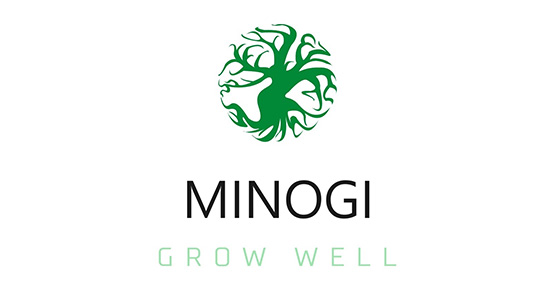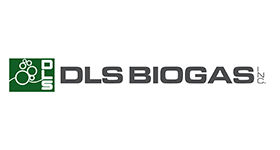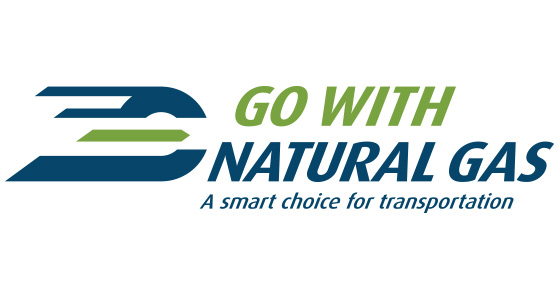Harcolm Farms
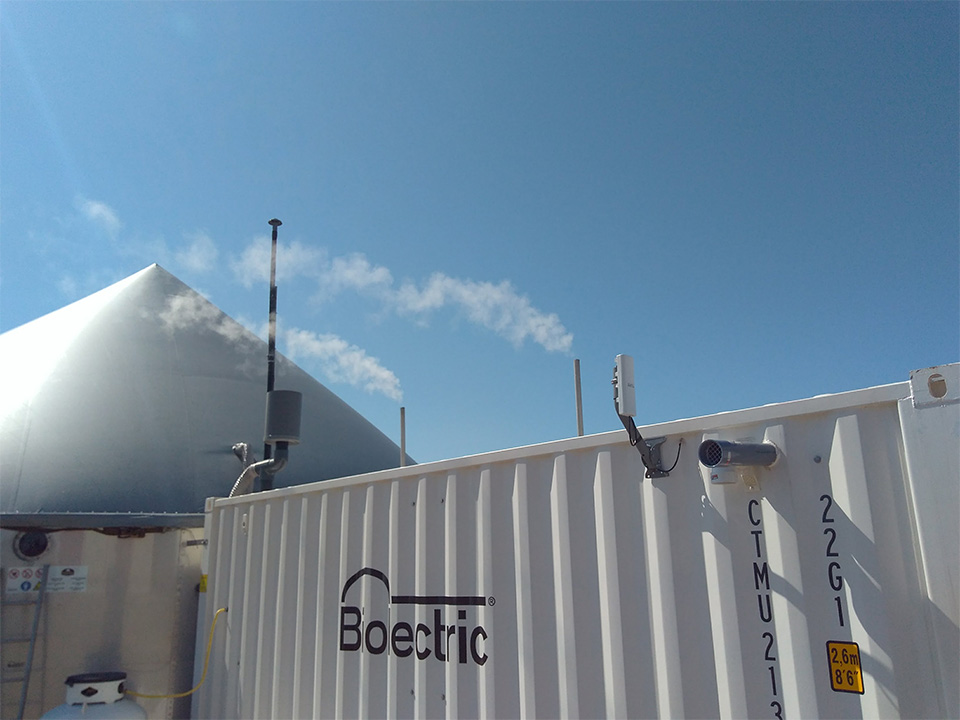
Harcolm Farms in Beachville, Ontario is home to North America’s first small, factory built, farm scale anaerobic digester. The 20 kW mini digester system is feed only on-farm material from the 72 cow dairy farm which includes dairy manure and small amounts of corn silage fed at an average daily rate of 10 cubic metres a day. The system has a split connection comprised of two engines that fulfill a 10 kW MicroFIT and a 10 kW Net Meter contracts. The contracts offer an additional source of revenue for the farm with 25.8 cents per kWh under the MicroFIT and the Net Meter providing cost avoifidance of about 16 cents per kWh. Digestate is currently land applied, however a separator system is being commissioning to use the solids from the digestate to provide all the farms bedding needs.
Rob McKinlay runs Harcolm Farms with his family. They were interested in developing an on-farm digester to produce energy from on-farm material to have a degree of self-sufficiency. However, Harcolm is a smaller farm and they weren’t interested in large infrastructure that would require significant extra labour. McKinlay connected with John Hawkes of Wayside Energy and Martin Energy Group who connected them with Biolectic, an equipment supplier that manufactures mini digester systems in its manufacturing facility in Belgium.
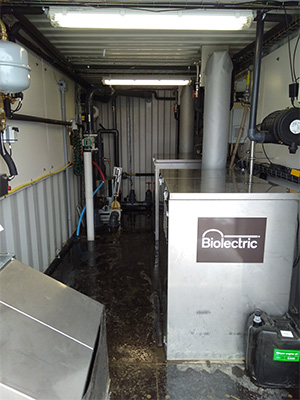 A unique aspect of the mini digester is that it is containerized, arriving preassembled from the factory and reassembled onsite. Installation takes about a week, and in McKinlay’s experience, from the time of the equipment arriving onsite the digester can be producing gas consistently within a month. McKinlay shares “The day to day operational requirements of the digester is very minimal. The system has a robust interface with a web app that manages alarms and errors and ensures the digester is being fed properly.”
A unique aspect of the mini digester is that it is containerized, arriving preassembled from the factory and reassembled onsite. Installation takes about a week, and in McKinlay’s experience, from the time of the equipment arriving onsite the digester can be producing gas consistently within a month. McKinlay shares “The day to day operational requirements of the digester is very minimal. The system has a robust interface with a web app that manages alarms and errors and ensures the digester is being fed properly.”
The mini digester is achieving the primary goal to meet energy demands to power the farm. Currently using all the energy from the 10 kW net metered engine has reduced the farm’s electricity bill by nearly 70 percent. The 20kW system costs in the $350,000 to $450,000 range and McKinlay expects to see full payback in less than ten years.
The system is simple and easy to operate and McKinlay recommends the mini digester system to farmers interested in producing energy from on-farm materials. Good candidates for farms interested in a similar system should have a base load a bit over 20 kW to make use of the full capacity of the system and about 100 dairy cows to ensure there is more than enough feedstock. End-use options for the electricity include net-metering and islanding. In McKinlay’s experience he feels that net-metering is the best option since being grid connected provides an opportunity to take advantage of the grid to store energy during low demand and also deal with peaks in demand throughout the day.
As for future plans on the farm, ideally McKinlay would like day to day milk production to be completely free of fossil fuels. This includes utilizing the recovered heat from the digester to replace propane used to heat farm buildings and electrifying feeding equipment.
Harcolm Farms became a member of the Canadian Biogas Association (CBA) in October 2018. McKinlay decided to join because he values the important role the CBA plays in being a coherent voice and perspective on the industry and opportunities. McKinlay was elected to the Board of Director of the CBA in March 2019 and looks forward to representing small farms and providing an agricultural perspective.






